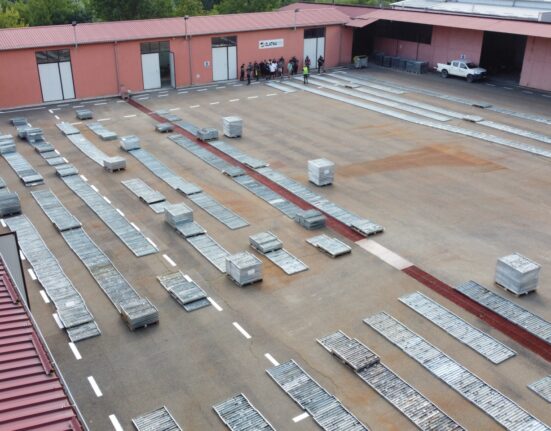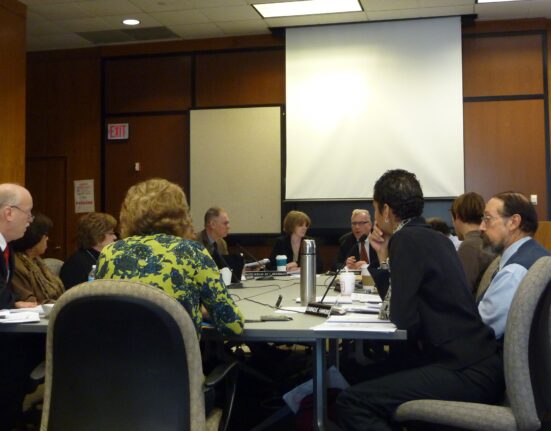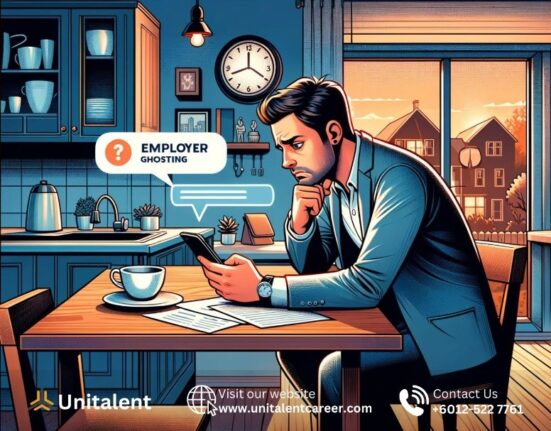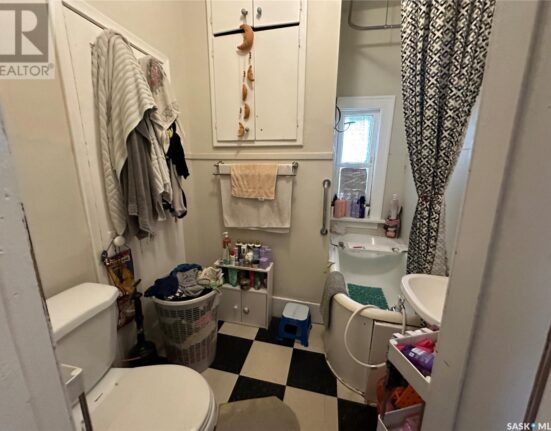In the bustling world of work, two distinct camps often emerge when it comes to taking sick days. On one side, we have the stoic individuals who push through illnesses, determined to never dip into their allocated time off. Then there are those who view sick leave as a right and don’t hesitate to use it at the slightest hint of feeling unwell.
Picture this: a young professional wakes up feeling drained and mentally exhausted, not just physically unwell. Instead of toughing it out, they decide to send an email notifying their manager about taking a day off. This scenario is becoming increasingly common among Gen Z workers who prioritize both their physical and mental well-being.
A 2022 survey revealed that Gen Z employees take an average of 14.3 sick days annually, significantly more than Baby Boomers’ average of 8.9 days. This disparity sheds light on a pivotal question in our work culture: should sick leave only be reserved for severe physical ailments or also utilized preventatively?
As experts delve deeper into this trend, they highlight the underlying shift towards recognizing mental health as a crucial component of overall well-being in the workplace. Younger generations are more attuned to signals of anxiety, depression, and burnout, prompting them to proactively address these issues by taking time off before they escalate.
“It’s not just about physical health anymore; mental well-being plays a significant role in how employees approach sick leave,”
notes Dr. Smith, a prominent psychologist specializing in workplace dynamics.
Interestingly, the surge in sick day usage isn’t exclusive to younger demographics. Data from HR platforms indicates a notable increase across all age groups post-pandemic—a testament to evolving attitudes towards self-care and wellness among workers.
The notion that mental health days hold equal weight with physically ill days is gaining traction as companies recognize the long-term benefits of prioritizing employee well-being. By fostering a supportive environment where individuals feel empowered to address their mental health proactively, organizations can cultivate happier and more productive teams.
While embracing sick days for mental health is essential, there’s also an imperative for responsible use to mitigate disruptions within workplaces. Excessive absenteeism can lead to decreased productivity, strained team dynamics, and financial implications for businesses.
Acknowledging the dual impact of sick leave—both personally beneficial and operationally challenging—highlights the delicate balance between individual well-being and organizational efficiency.
Australia stands out with its robust system of paid sick leave compared to many nations globally—a hard-won benefit that underscores the value placed on employee welfare in society.
The next time you receive an out-of-office message from a colleague citing ‘self-care day,’ remember that prioritizing mental health today contributes to sustained productivity tomorrow—an investment worth making for individuals and organizations alike.
In conclusion, as work cultures evolve and conversations around holistic well-being gain momentum,
the narrative around sick leave transforms from mere absence management
to proactive self-care strategies essential for thriving in today’s dynamic workplaces.









Leave feedback about this